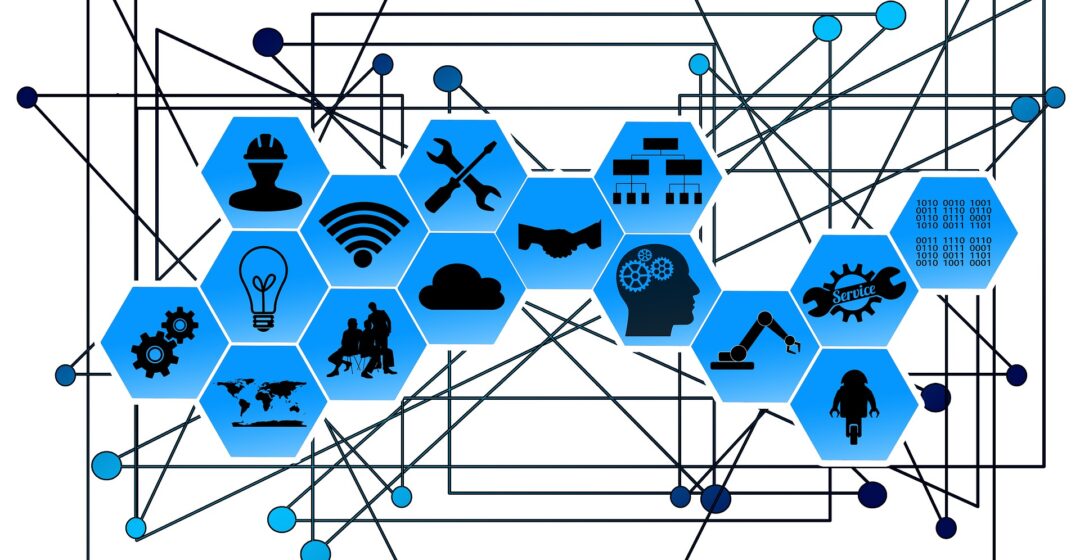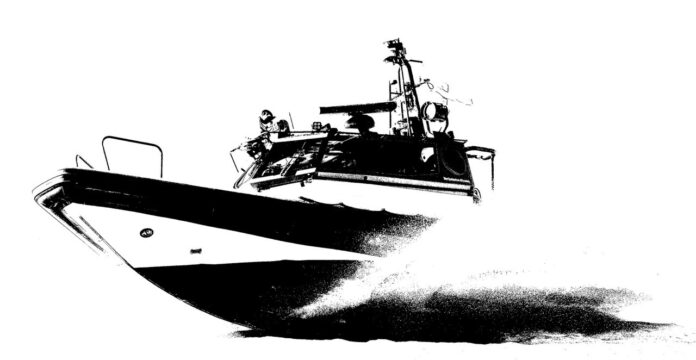Industrial symbiosis is one application of circular economy, where waste or side stream from a process is the raw material for another. This idea is not new, so why don’t we see it happening everywhere — instead we hear talking about the importance of closing material loops.
Well, first, companies need information about the opportunities and business models of industrial symbiosis. Second, they must find a suitable partner. Third, geographical proximity must enable reasonable logistics. Fourth, material flows must be sufficient to keep production going.
Of course, there are material sharing platforms, or matchmaking platforms, where supply and demand can connect. These platforms help to find a partner, but when the long-term relationship is established, they are not the solution.
Products in bio economy and circular economy need steady material flow. The problem in this business is that waste and side streams are not purposefully produced — instead, everybody wants to minimize it. The volume of the production affects the volume of produced waste and side stream. For this reason, the user of waste and side streams might face two difficulties with the material flow: there won’t be enough material to produce the planned or sold volumes, or another way around, there might be too much material the production can handle. These are big problems in the circular economy value chain.
How to overcome these problems? Information sharing between companies is obviously important, but still, it is a problem. Information that the waste and side stream user needs is the forthcoming volumes and material quality or characteristics. Companies are not necessarily willing or able to share this kind of information. Especially if the changes are caused by a rapid change in the production volume, these changes are not necessarily transferred to the user of the waste or side stream. This kind of situation brings challenges for both partners: the producer might need to stop the production in waste or side stream is not moving fast enough to the other partners, on the other hand, the material user might have to do extra work to handle the material logistics and to operate the production before the material might be spoiled.
My research deals with the material related information sharing between companies, information value potential for circular economy and opportunities that data and digital technologies provide.
Anne-Mari Järvenpää
Doctoral Student at University of Vaasa
School of Technology and Innovations
Senior Lecturer in Information and Communication Technology (Bioeconomy)
Häme University of Applied Sciences





Very interesting and valuable point of view to circular economy and using of data and digital technologies. Based on your observations, It seems that more specified and efficient sharing of information would help all the companies of the value chain. Digitalisation can certainly be of help in achieving this.
All the best for your research!
Interesting blog, I think maybe the second difficulty of having too much waste and side streams to handle, in a sense, actually presents an opportunity for business expansion, and the sustainability of the waste and side steam economy. Many new businesses involved in waste management and circular economy will likely face this challenge in developing economies due to the magnitude of waste littered around as well as the nascent nature of circular economy in this context. Information sharing indeed ll’ go a long way in solving the identified challenges of too little / too much waste flow.
Hi Anne-Mari,
I have to admit that this topic isn’t really familiar to me, but it does interest me. Environmental questions are getting more and more publicity and many companies are trying to do better with their actions. I think that there should be more information about circular economy, but like you said, it needs a steady material flow, so there are challenges for all.
Anyway, nice work, I am sure that your research will bring new ideas to the world. Also, I found a brand new thesis about circular economy that might interest you: https://trepo.tuni.fi/handle/10024/124841 .
Hi Anne-Mari,
Your research topic is very interesting but quite unknown to myself, especially on a theoretical level and in terms. In your concise blog you descripe very key issues related to business collaboration around the theme, problems and opportunities. At the end of the blog, you clearly summarize the focus from different perspectives. Sandra referred to an interesting study as well, I already looked at it. I searched the literature on the circular economy in health care and to my surprise, I found recent research. Sure, the perspective was a little different. I wish to you the joy of study with the phenomenon of time.
What an interesting topic you have. Indeed, I suppose that soon we are past the term waste and rather talk about residue or by-product. Circular economy goes far beyond the current concept of recycling production waste and is more concerned with shared production objectives and I wonder if you have yet found any examples of companies that already have a shared ERP production planning system or are willing to have one. Looking forward to hearing the results and good luck with your research!
Very Interesting Topic. Explore the cradle – to Cradle design approach to enhance your research It will help in controlling waste by turning it to a by products: Pvc model. also an alternative source of material can be look at also by factoring environment in the design and production process for alternative source of raw materials.
Hi very interesting and timely research! Information sharing really matters on every aspects of our activities as it helps to enhance productivity and effectiveness. From the perspective of circular economy, it’s impact plays a great roll.The integration of information sharing with digital platforms would really contribute for digitalization process!
Thank you for sharing your research with us, and looking forward to more publications on it. I am also curious about more examples of industrial symbiosis. I could imagine the food industry providing raw material to others, but how could the circle be complete? Also, why do you think the companies are not willing to share their production plans? Hope to learn more about the topic later!
This is a very interesting topic. As you presented, I think information sharing is very important for the circular economy. But to achieve circular economy, there are some problems to be solved. Your research will be very meaningful.